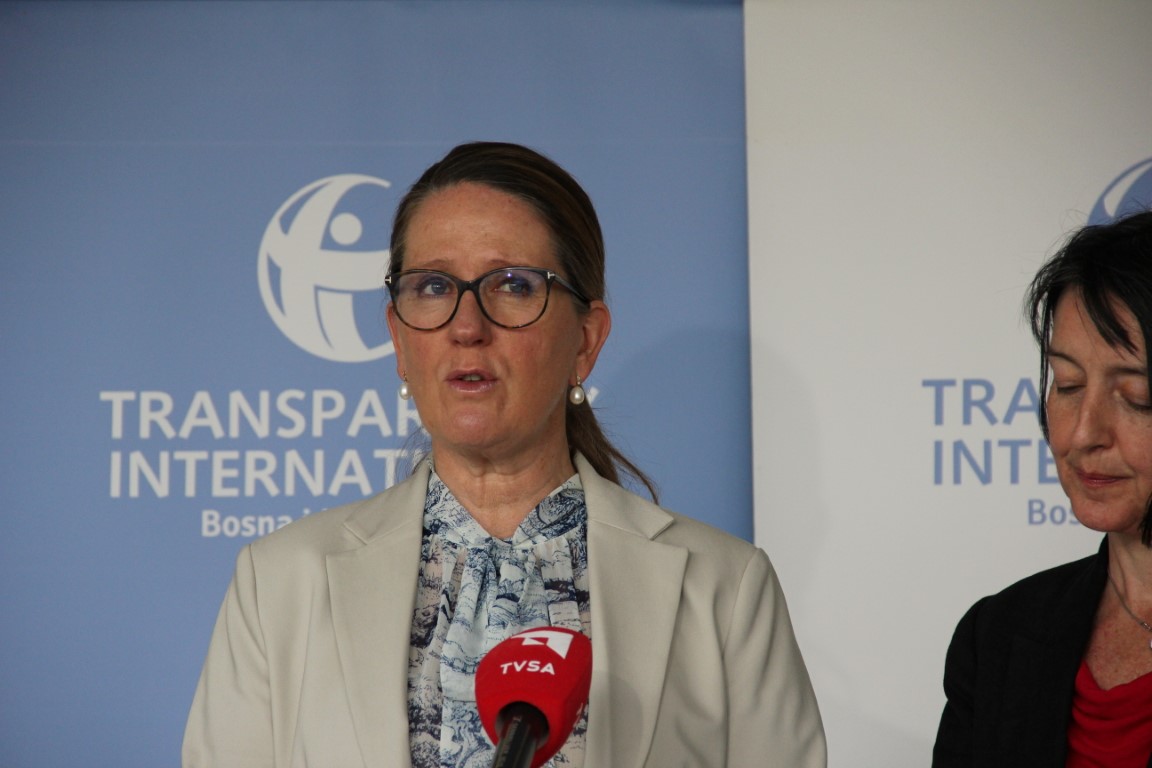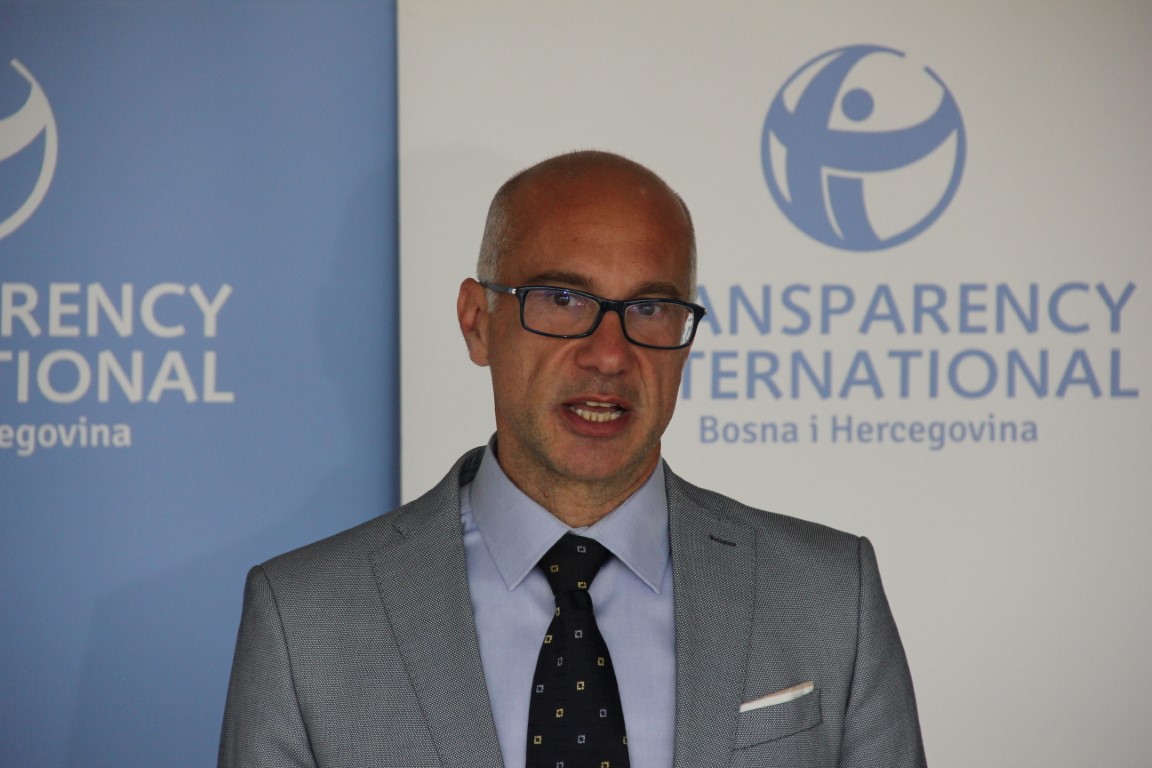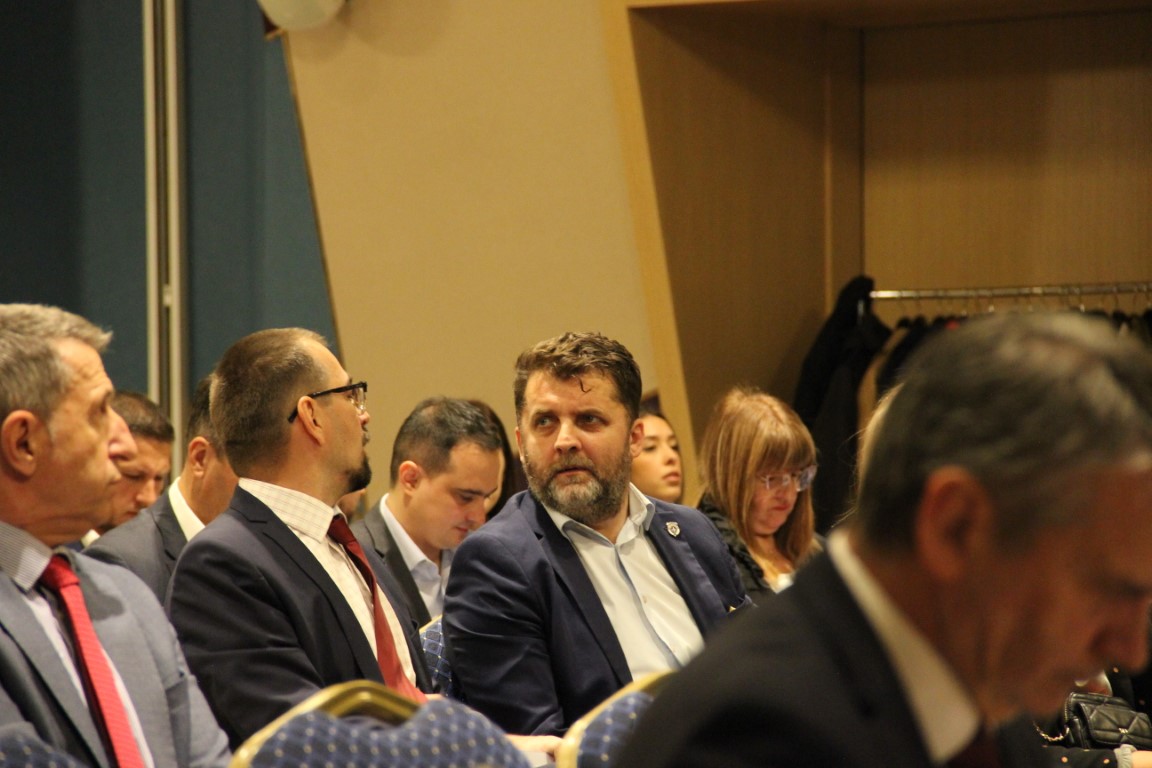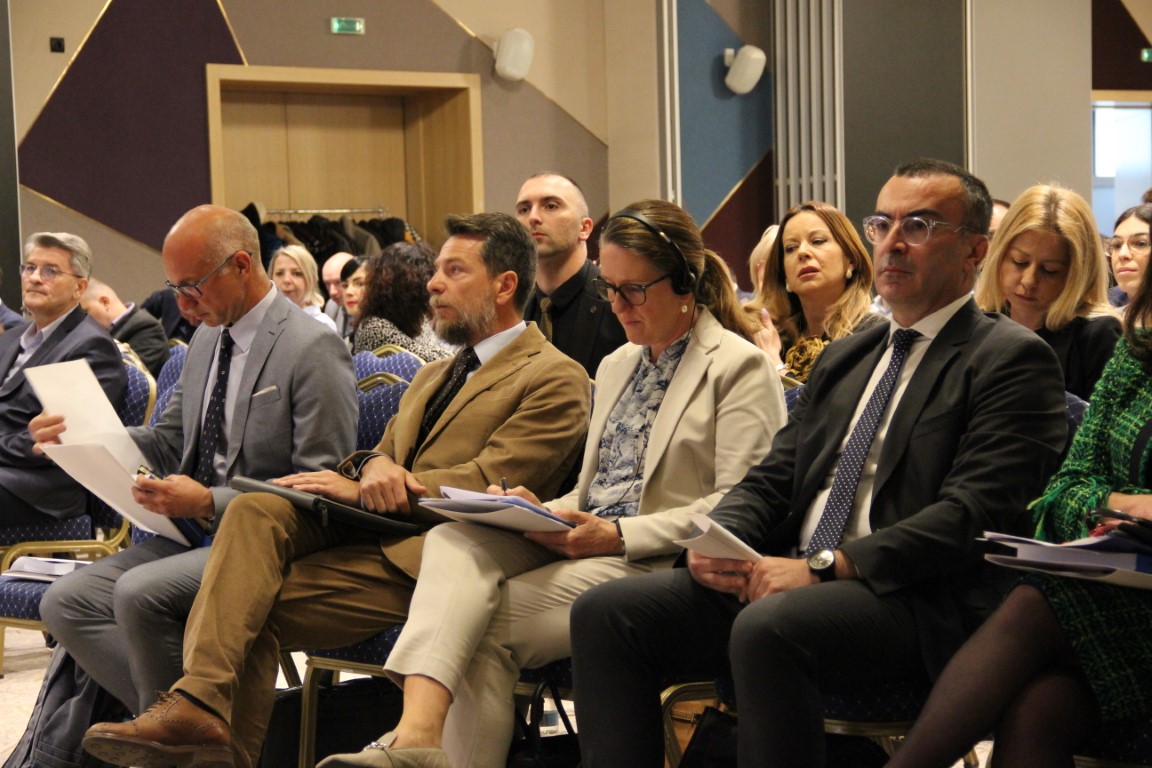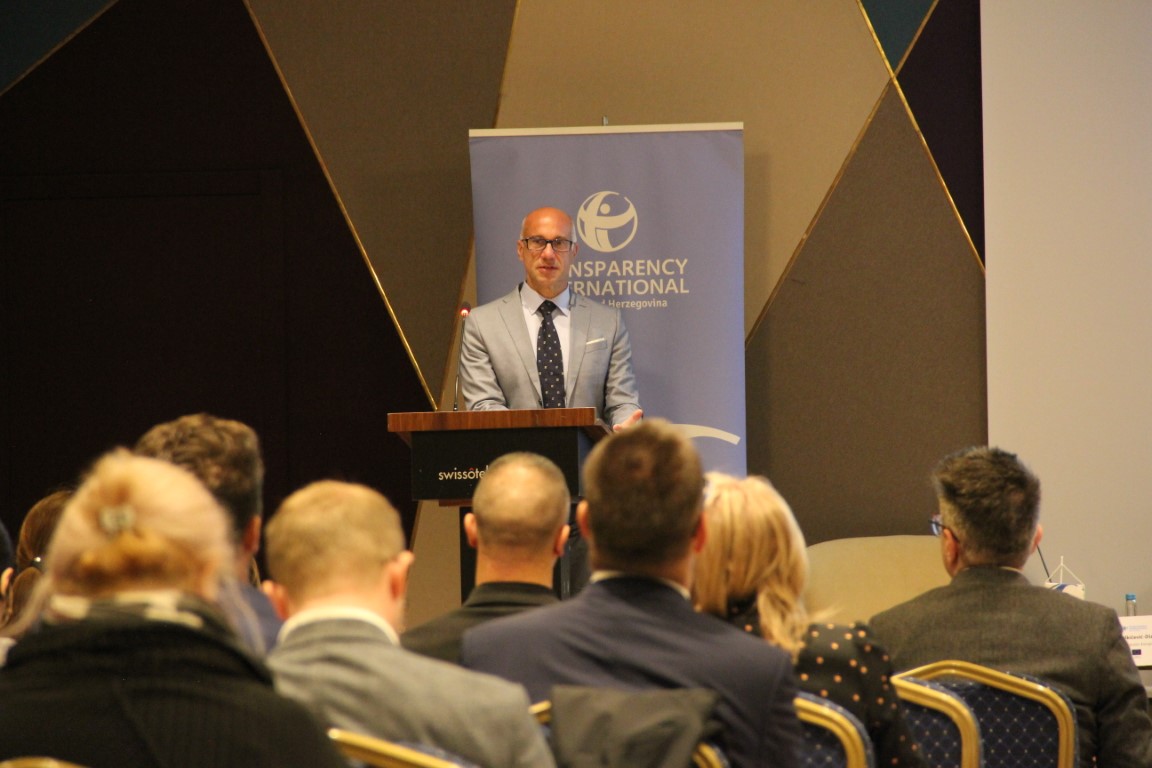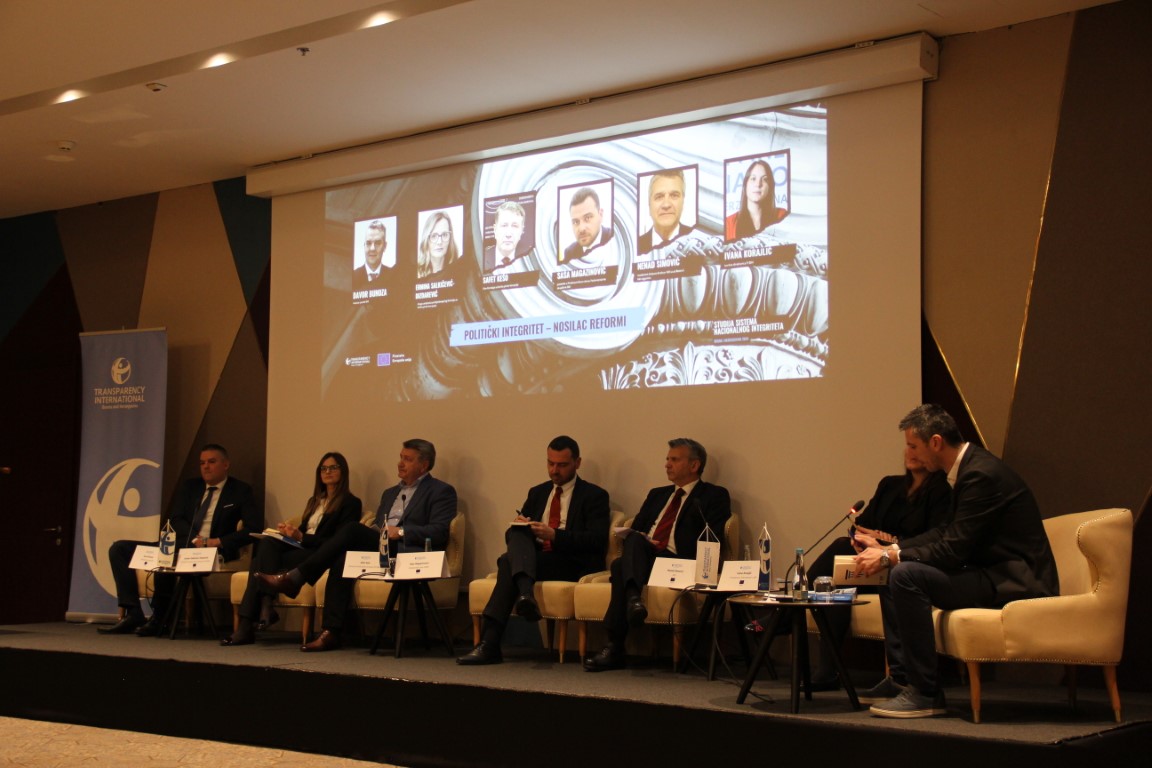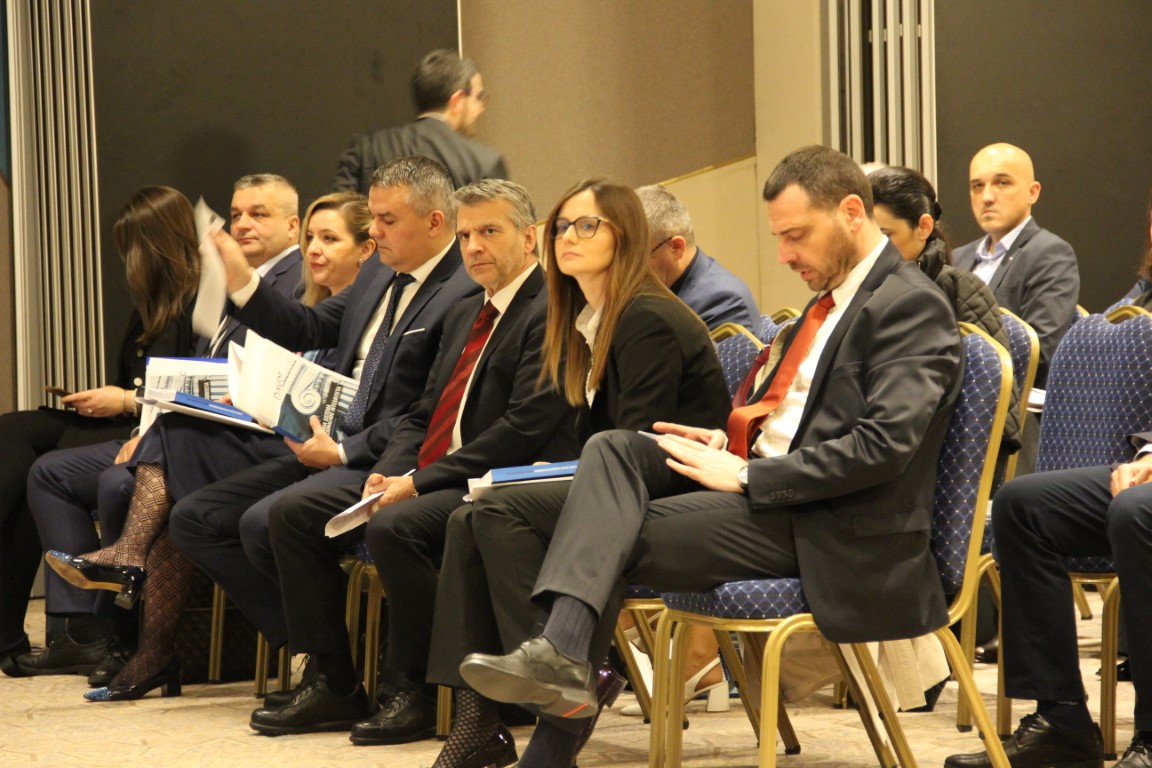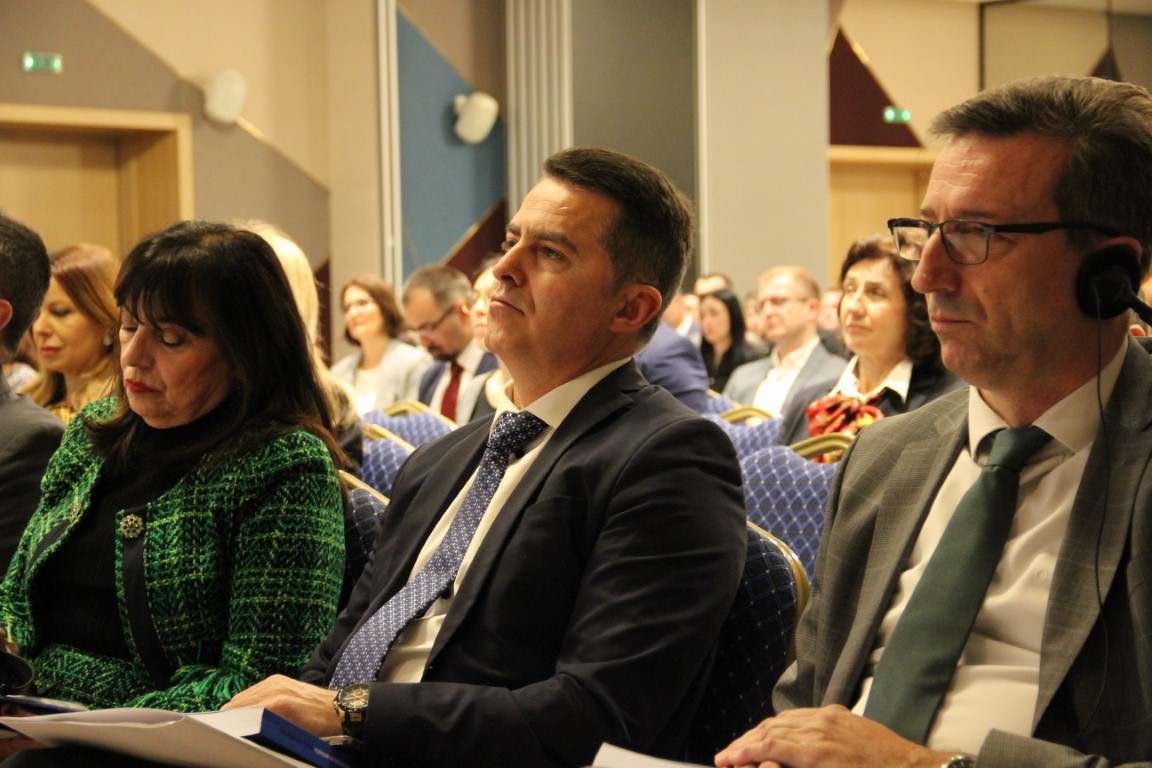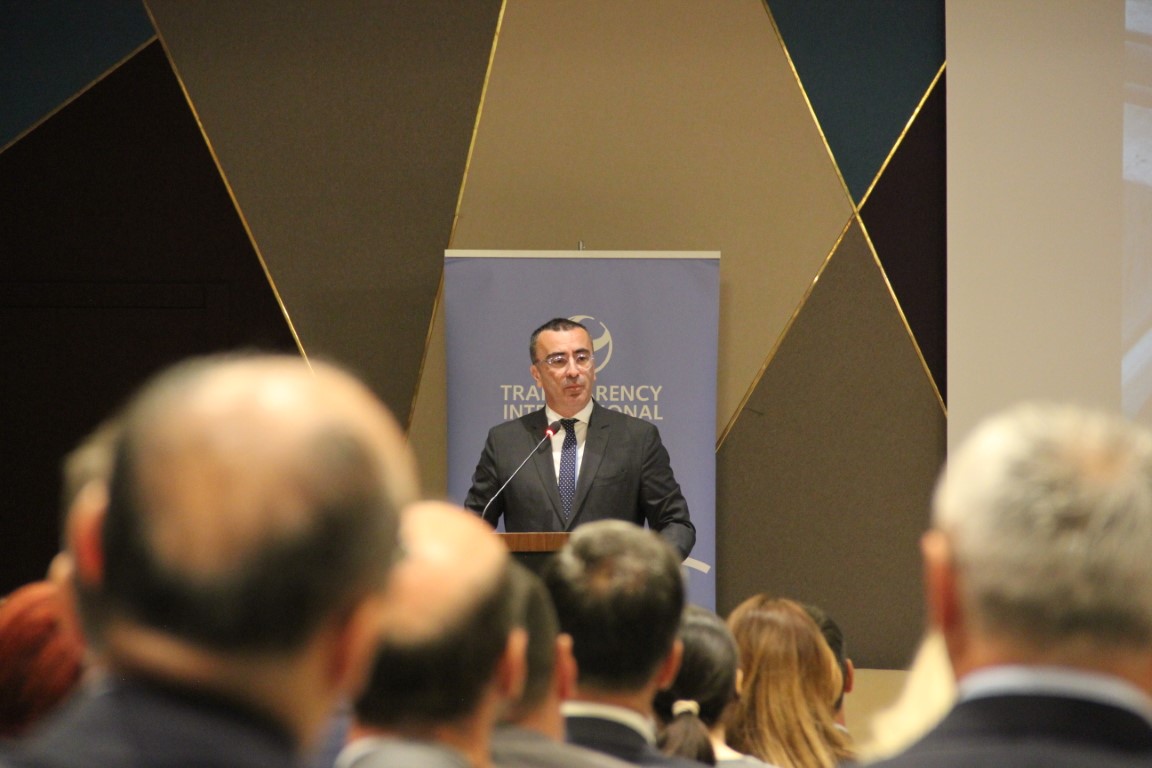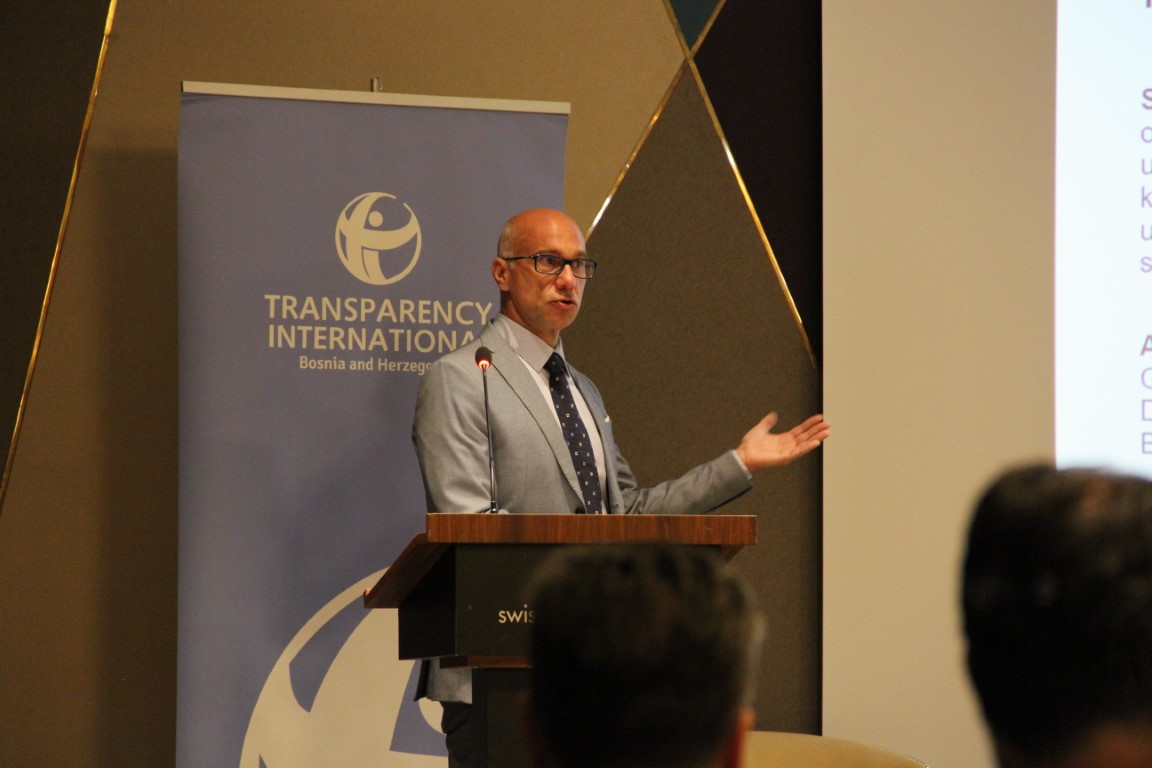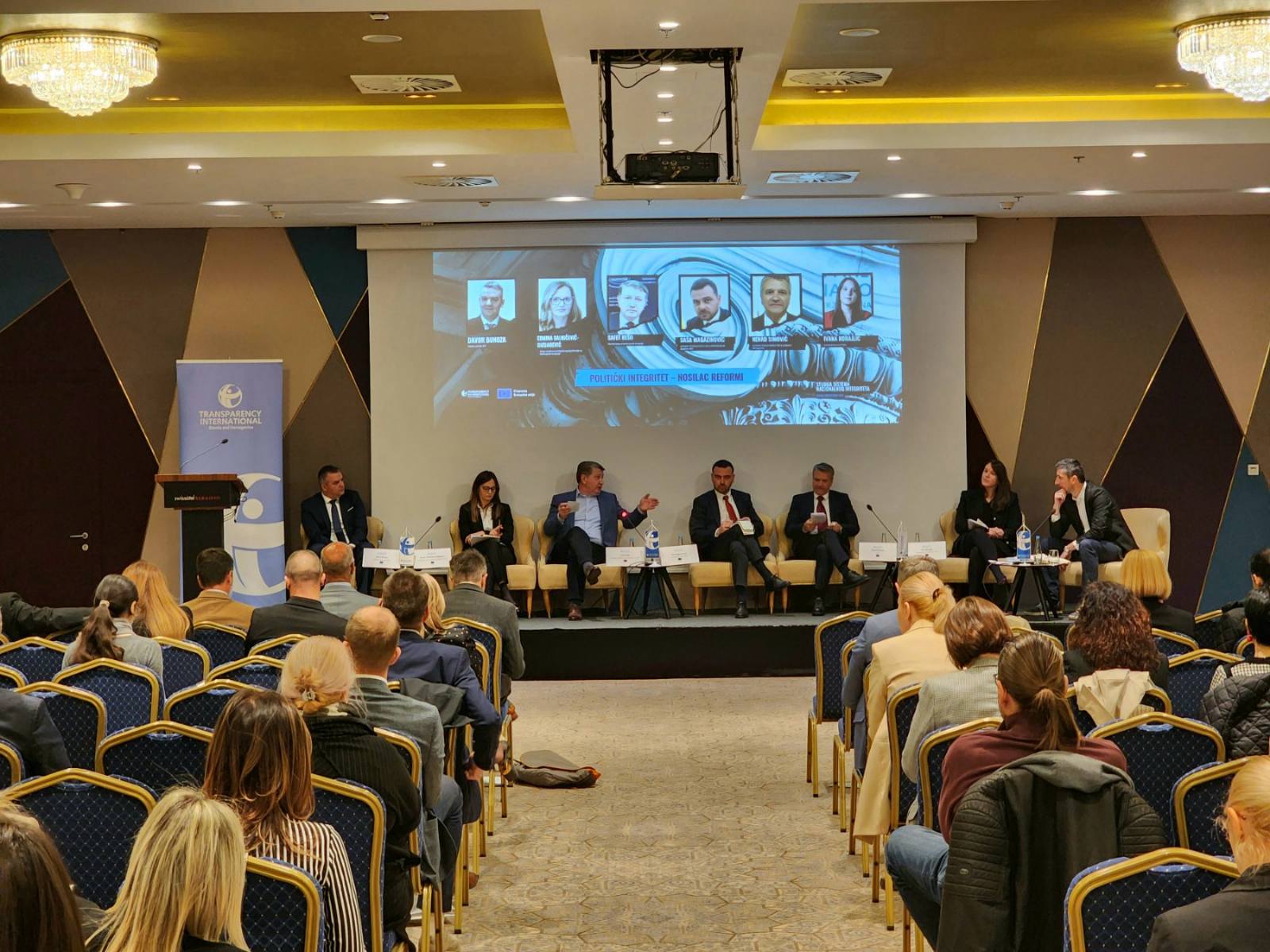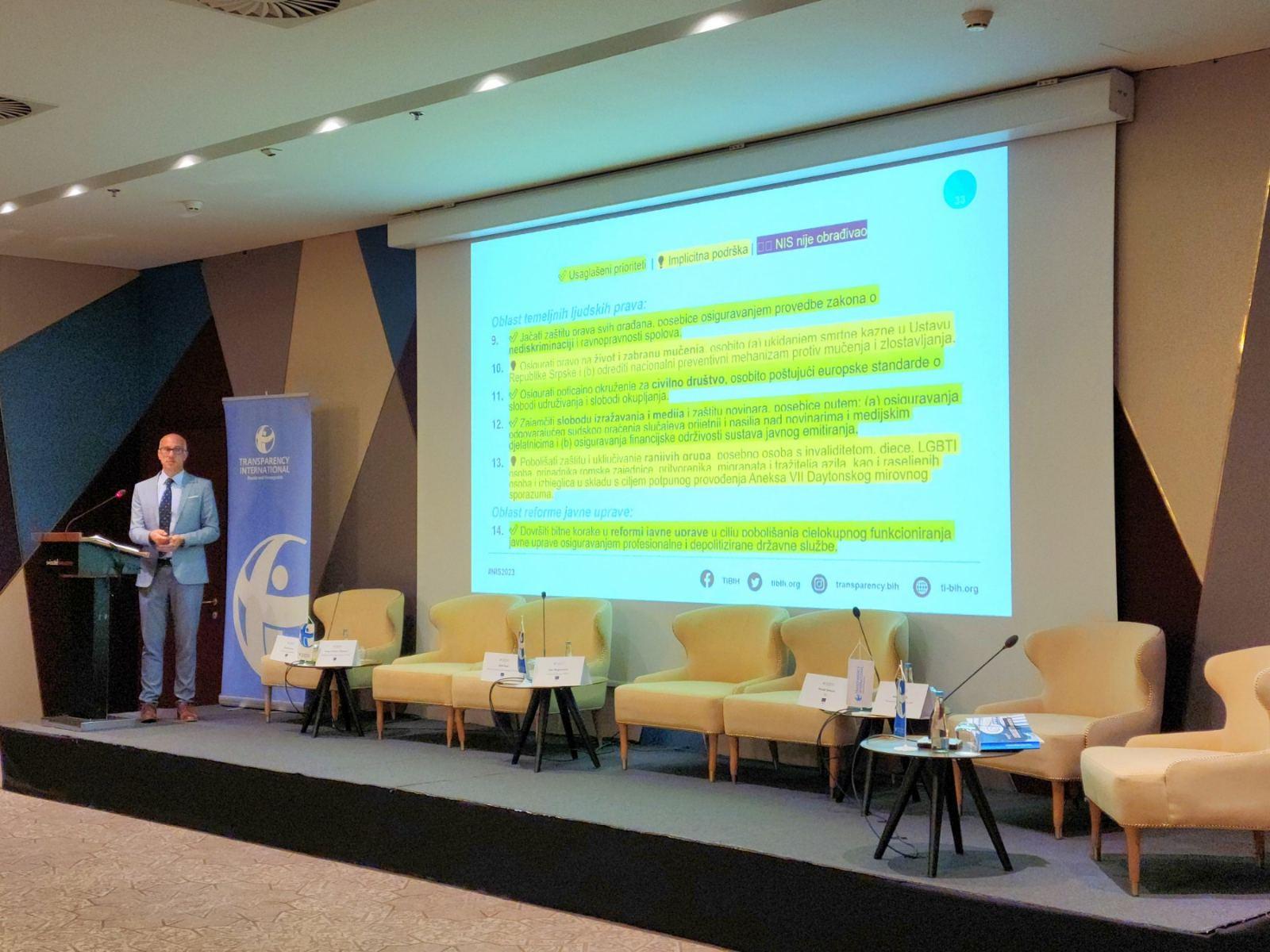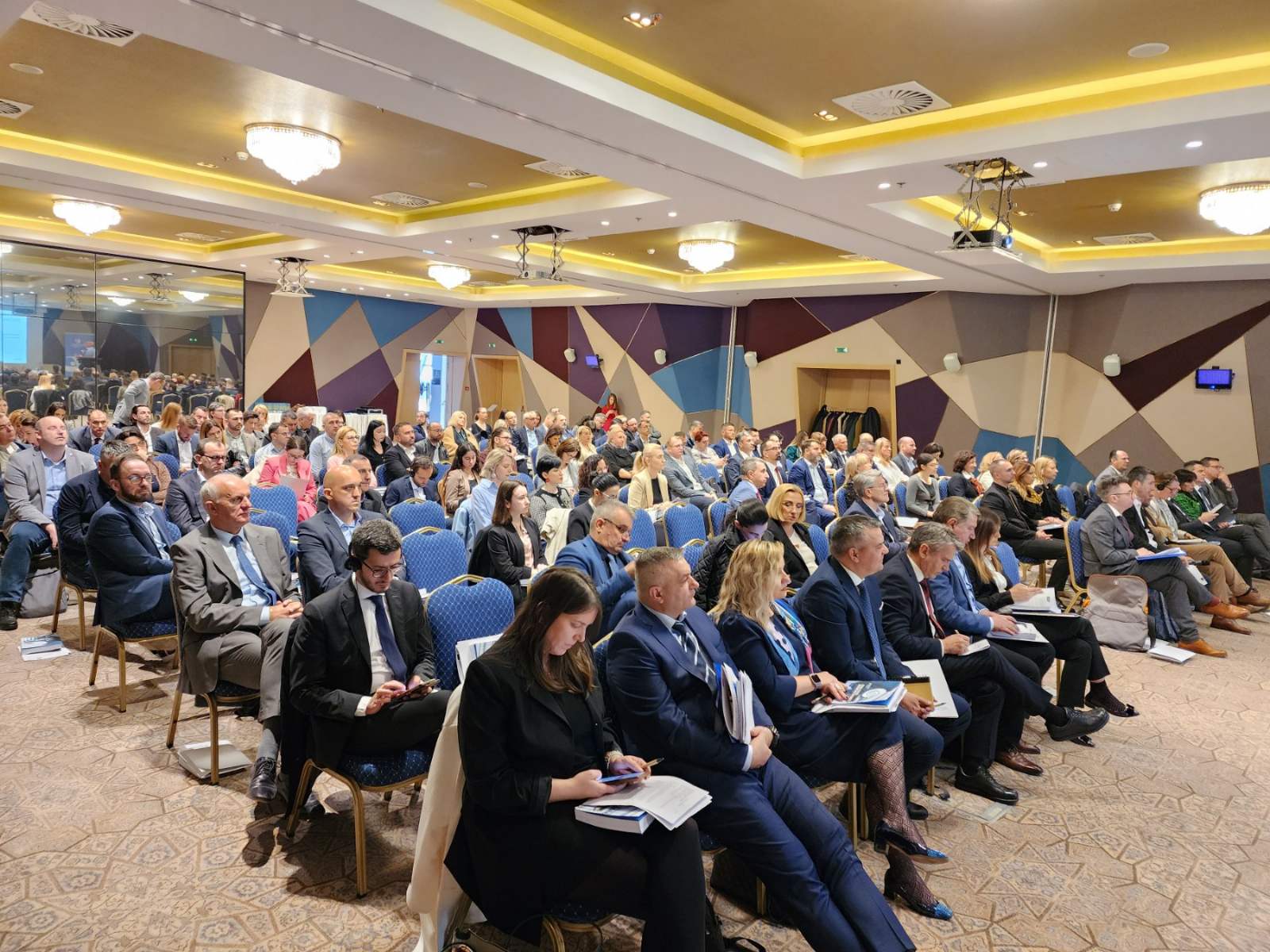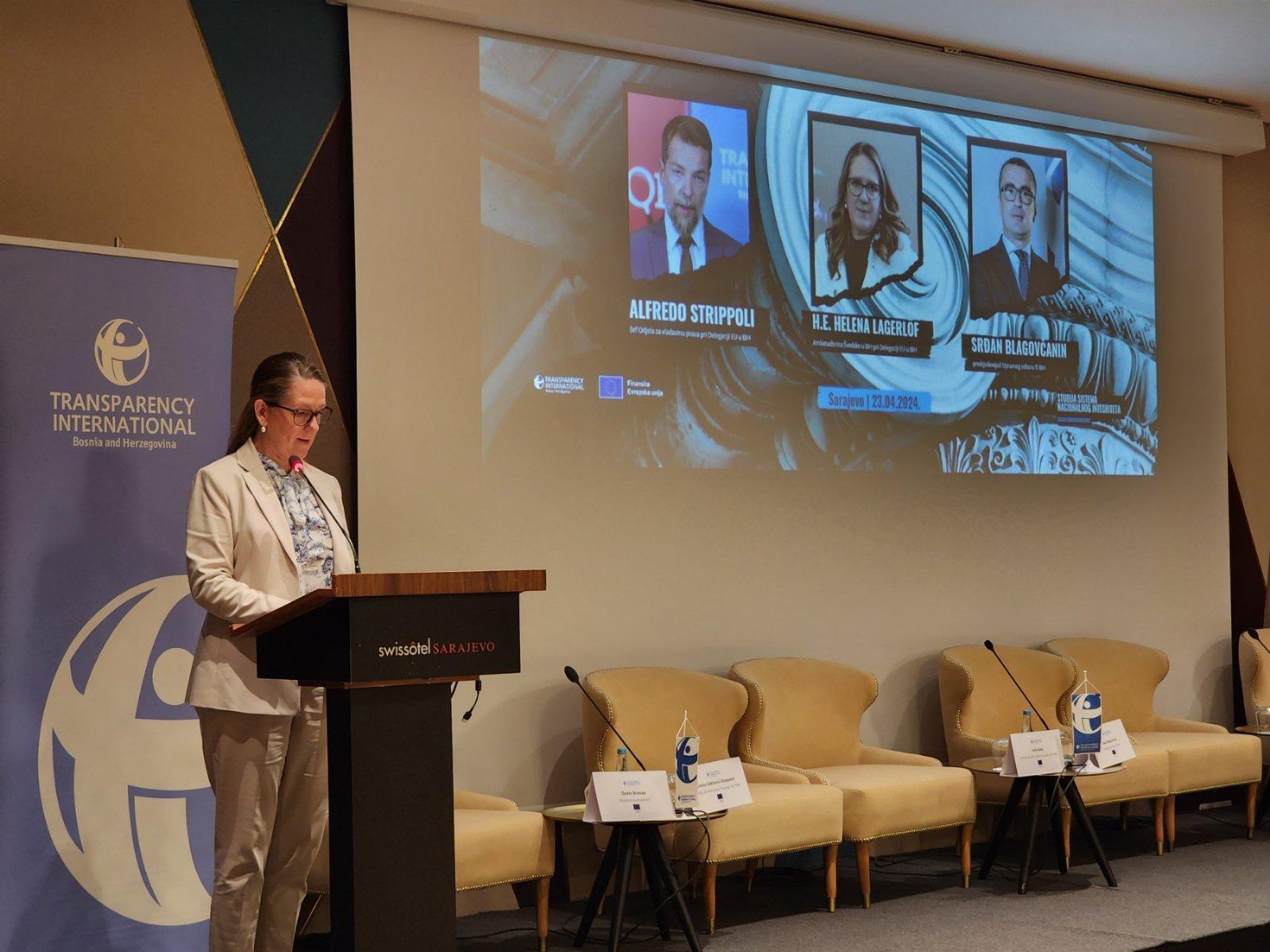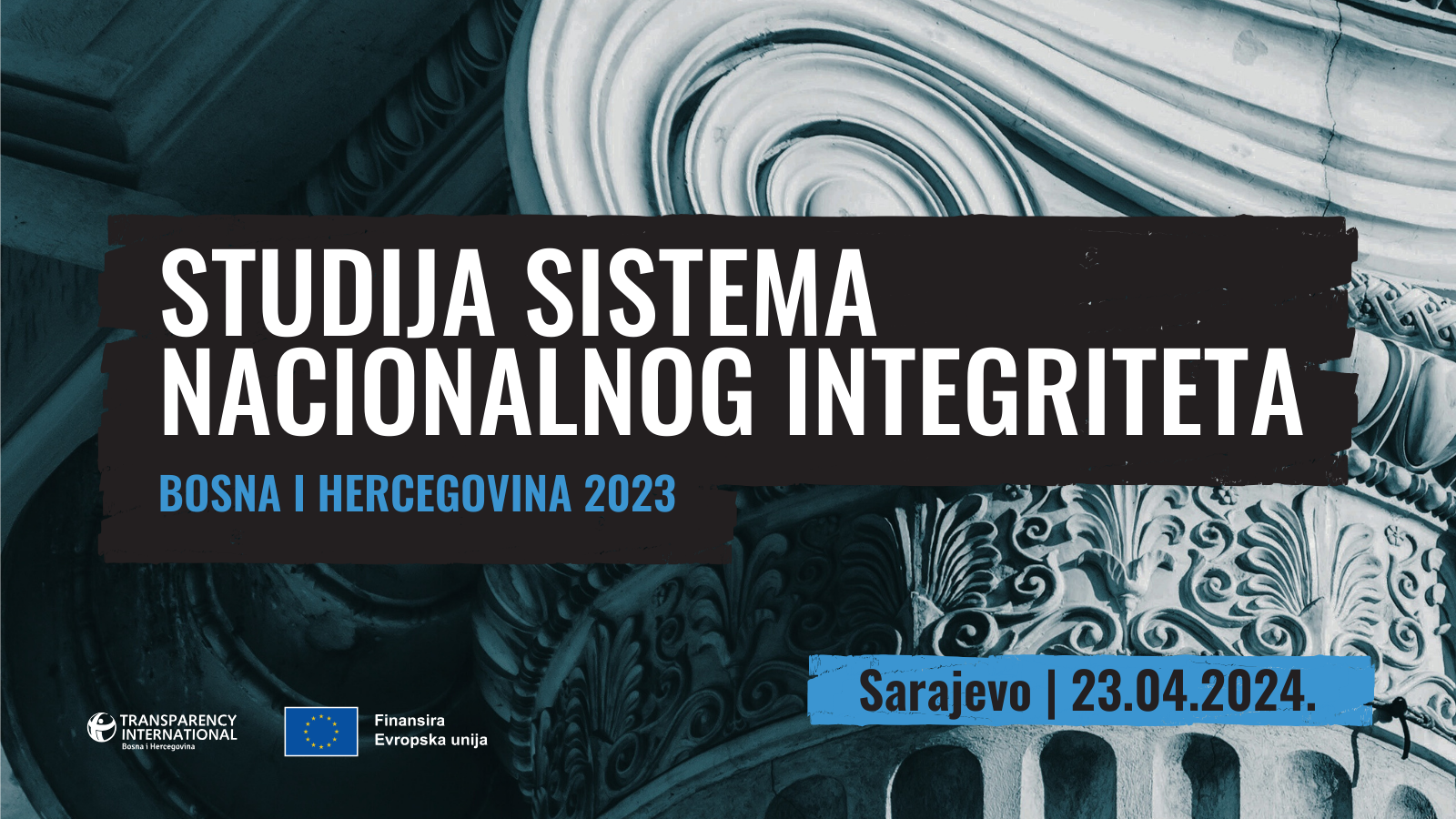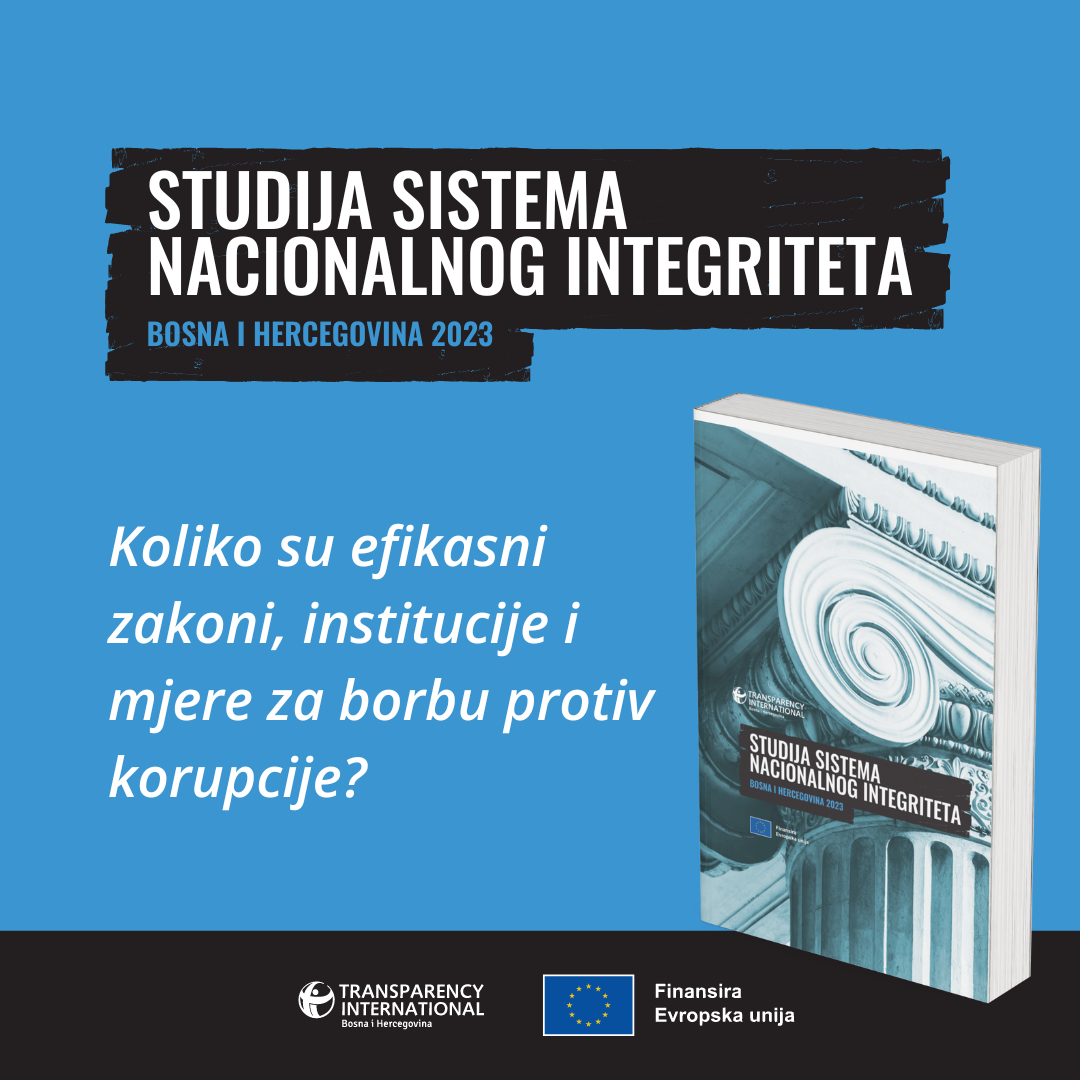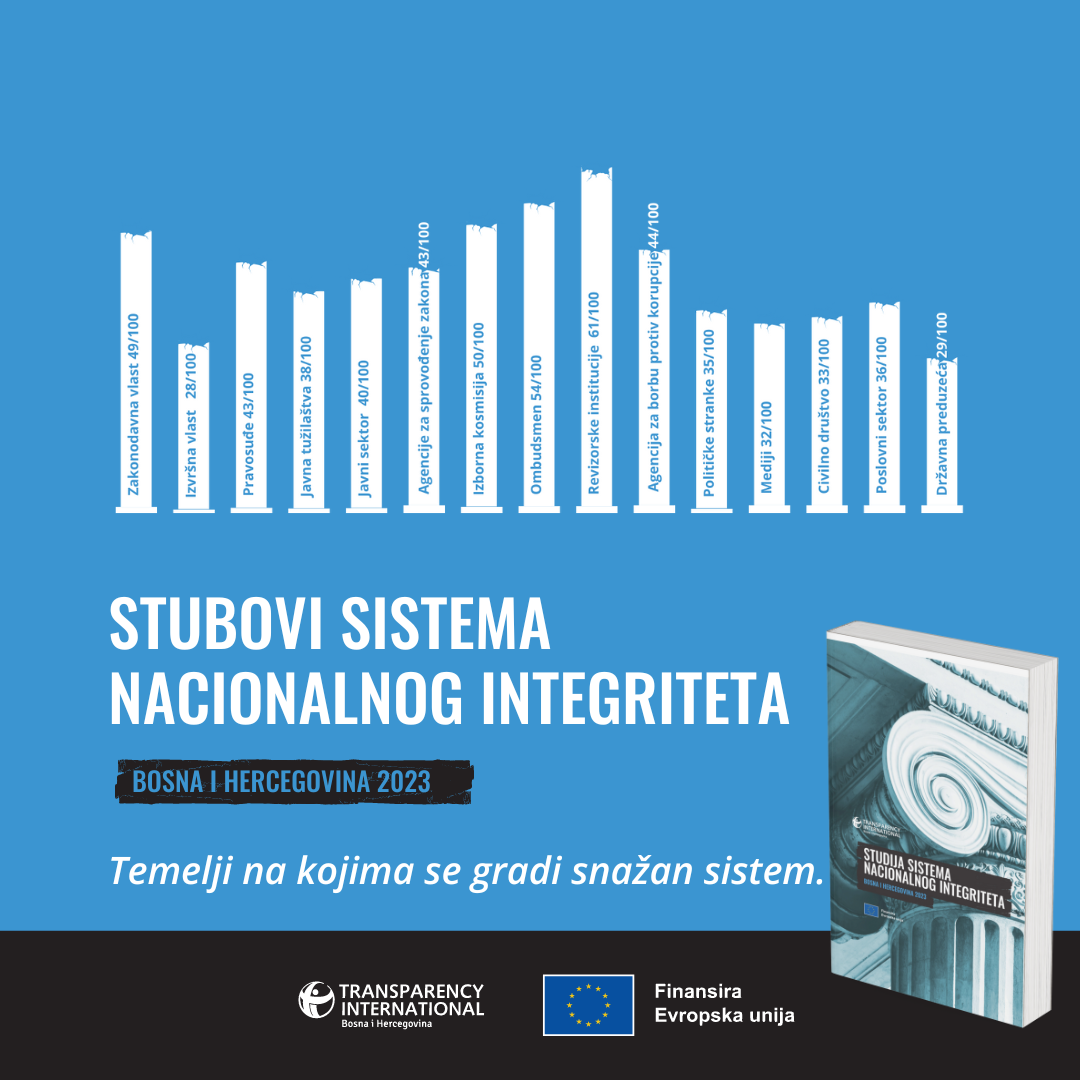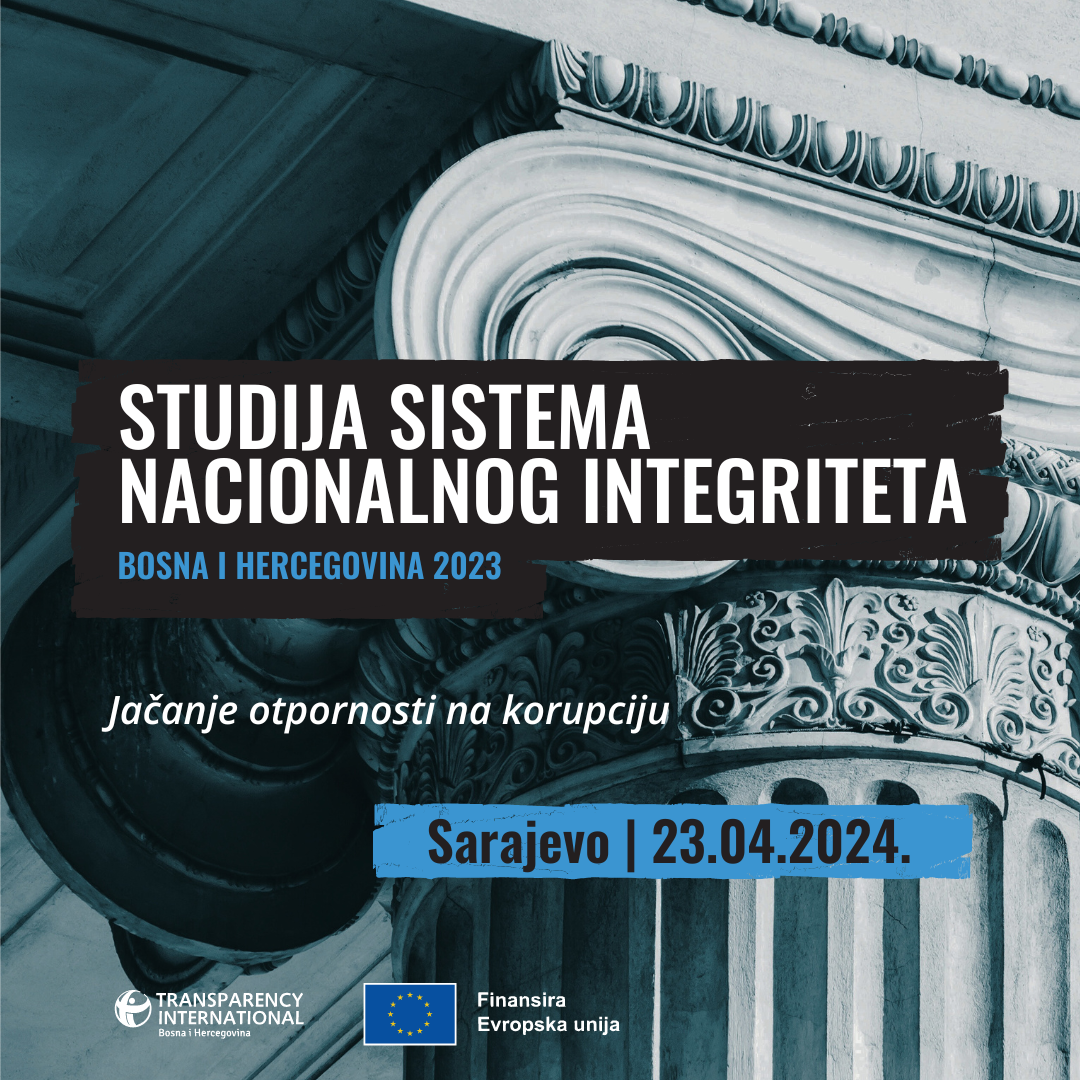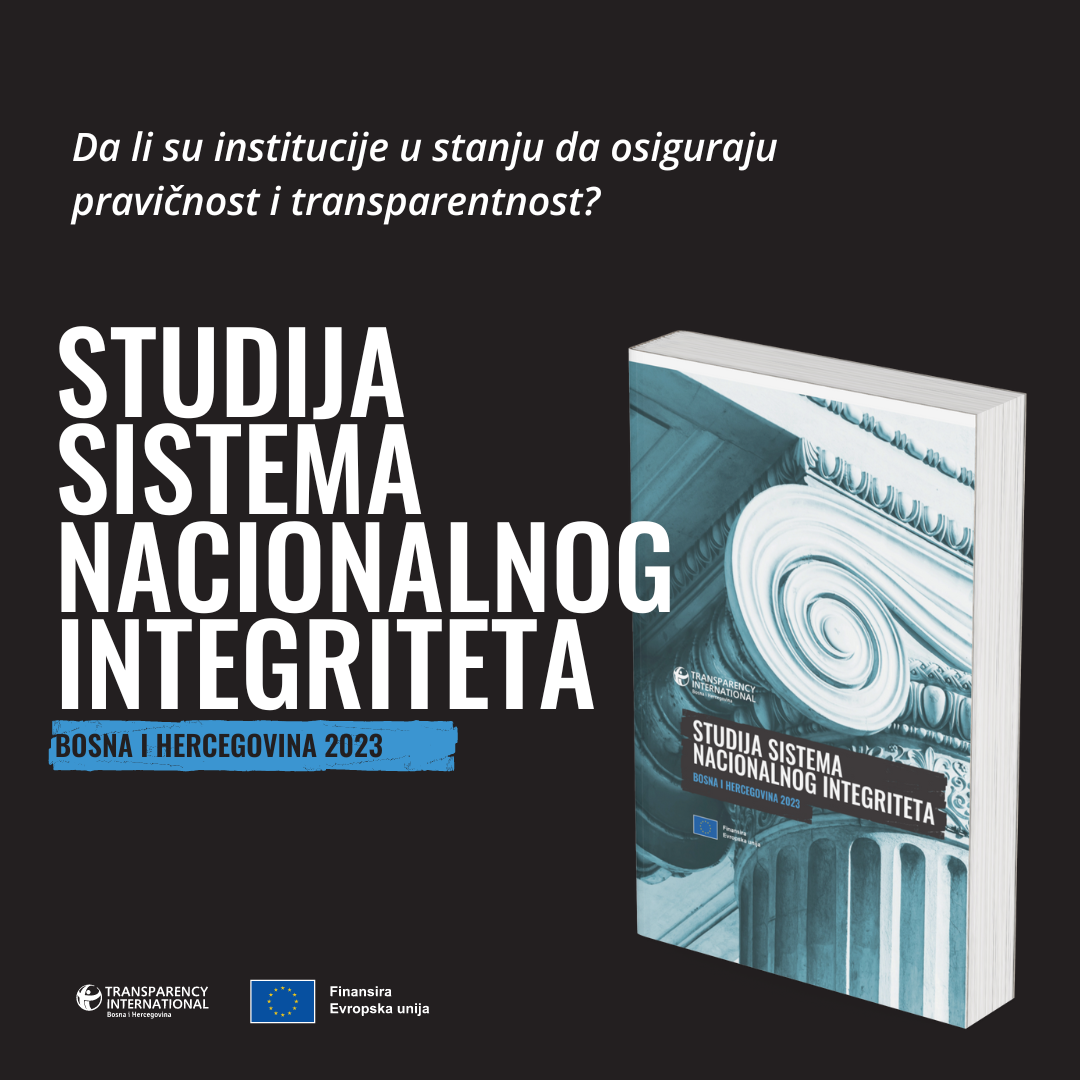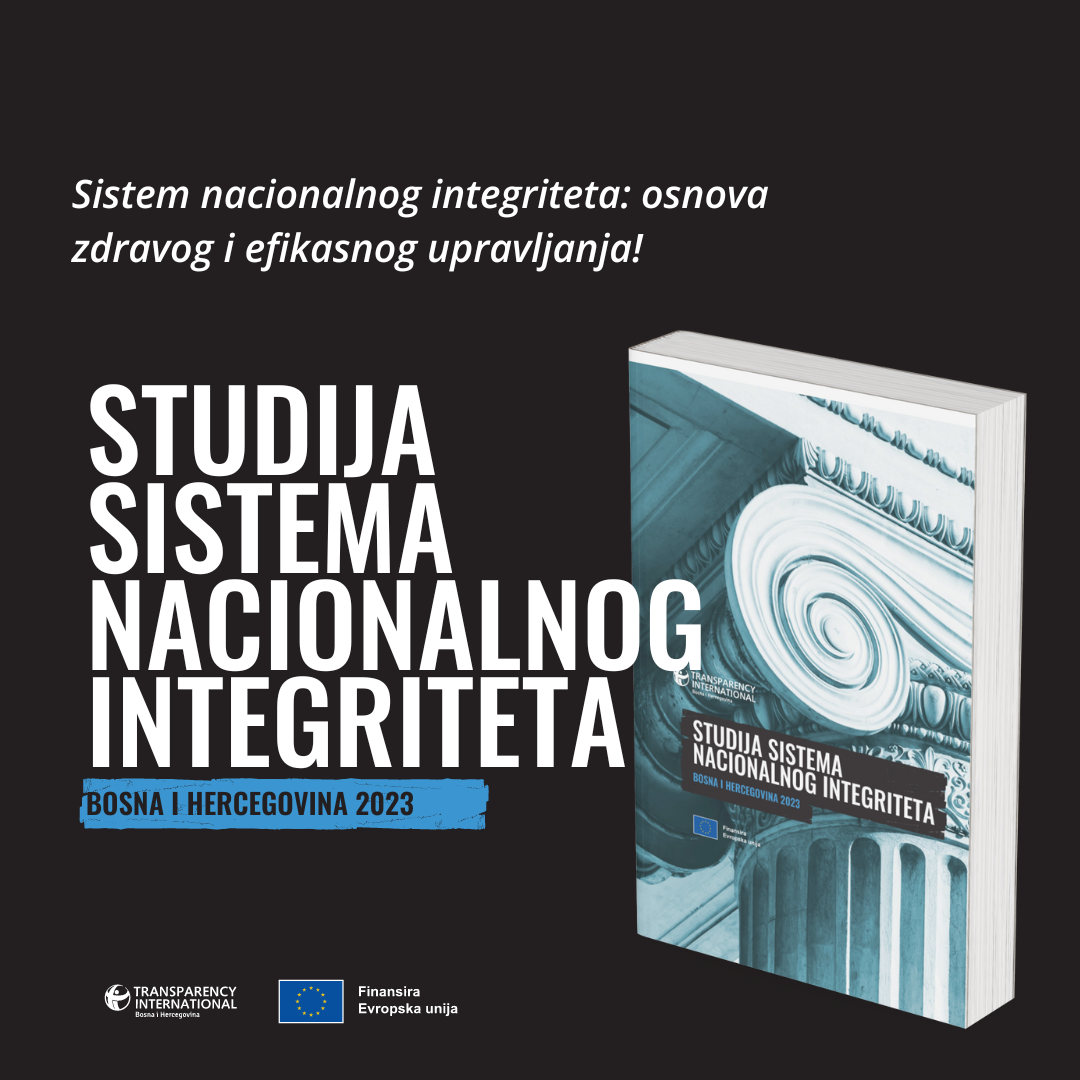The Study of National Integrity Presented: BiH recorded a decline in key sectors important for combating corruption
23 April 2024
Sarajevo, April 23, 2024 In the last eight years, Bosnia and Herzegovina has recorded a decline in integrity in key areas that are important for combating corruption, according to the National Integrity Study (NIS) presented by Transparency International in BiH (TI BIH) on Tuesday, April 23 in Sarajevo. The integrity ratings of key institutions such as APIK declined between 2015 and 2023, while the biggest decline was recorded in the areas of public enterprise management, media freedom and civil society due to the authorities’ increasing efforts to suppress public criticism.
Most of the recommendations from the previous NIS related to the state of affairs in key sectors such as the work of the judiciary, prosecution of corruption, public sector, election administration or audit institutions have not been fulfilled, and significant deteriorations have been recorded both in the legal framework and in implementation.
“NIS provides an in-depth analysis of all social pillars and identifies areas and places where urgent change is needed. The three main and supposedly independent branches of government: legislative, executive and judicial – are subject to the strong dominance of the second pillar, the political parties. The continuous tight control of political parties over institutions and very rigid control of staff recruitment is noticeable “, Srđan Blagovčanin, chairman of the board of directors of TI BiH said at the opening of the conference.
In a series of international reports, BiH has been labeled as a captive state where key institutions are under the control of the ruling elites, and the few remaining independent and critical voices have been silenced by placing those institutions under party control. The latest attacks on the electoral administration and the entire electoral system of the country are of particular concern.
“Sweden’s support in ensuring free and fair elections, the rule of law and freedom of expression in BiH means more than ever today because the country is experiencing a step backwards in some of these areas, which we regret. After the opening of accession negotiations, the EU expects BiH to fulfill its obligations and take steps towards a less corrupt and more transparent society. ” said H.E. Helena Lagerlöf, Ambassador of Sweden to Bosnia and Herzegovina.
The results of the Study indicate that certain positive steps that institutions in BiH have made in the recent period, such as the adoption of new legal solutions such as the Law on the Prevention of Conflict of Interest, have yet to demonstrate their reform effectiveness through practical application.
“The assessment indicates that BiH must improve the accountability and transparency of the public sector, including the management of public finances, transparent budgets, the prohibition of conflicts of interest and the depoliticization of public administration. Despite the numerous unresolved challenges highlighted throughout the Study, there were a number of positive developments that led the European Commission to recommend and the European Council to decide on the opening of accession negotiations with Bosnia and Herzegovina last month. ” said Alfredo Strippoli, head of the Rule of Law Section at the EU Office in Bosnia and Herzegovina. “Some of these long-awaited reforms are yet to produce the expected result as efforts to implement them are ongoing,” Strippoli added.
Various organizations dedicated to the fight against corruption, along with the media, civil society and the private sector, faced significant challenges, finding themselves excluded from the social and political discourse. This situation, together with the difficulties faced by the institutions evaluated in this Study, significantly affected the emigration of highly qualified individuals, which represents a significant problem of brain drain in the country.
In order to stop these negative trends, it is necessary to improve the accountability and transparency of the public sector in BiH through better management of public finances, transparent budgets, prohibition of conflicts of interest and depoliticization of the administration, which are key recommendations from this year’s NIS.
Additional content
Photo gallery
Photos from the event “Presentation of the National Integrity (NIS) Study: Strengthening Resistance to Corruption” held on April 23, 2024 at the Swissotel Sarajevo.
NIS BiH 2023
Promotional material
Get involved
Stay tuned
Subscribe to our newsletter and receive periodic notifications about our, announcements, calls and activities via email.
Don't miss it
If you want to receive our announcements immediately after the publication, leave your e-mail address in the field below.

